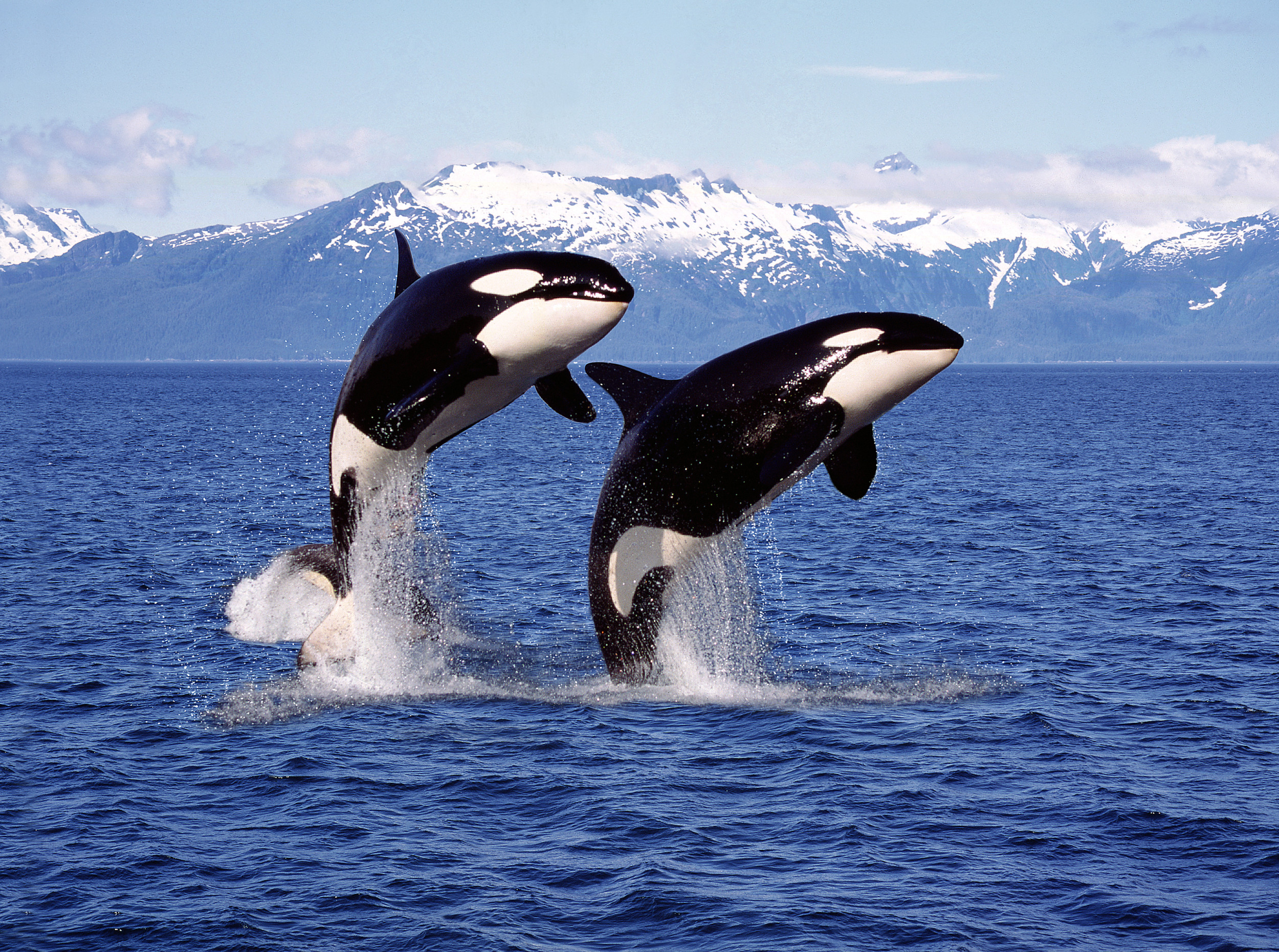A recent incident in the Strait of Gibraltar saw a pod of orcas violently attack a yacht, causing it to sink. The yachtsman, Robert Powell, described the assault as a well-organized and serious attack, prompting their rescue by Spanish coastguards.

The Spanish Coastguard Service reported that the orcas disabled the yacht’s steering system, leading to its sinking and the crew’s evacuation to safety. This isn’t the first incident of orcas targeting boats; a similar event occurred in Moroccan waters just months prior.
Biologists like Alfredo López Fernández from the University of Santiago speculate that such behavior may be driven by a single traumatized orca, influencing others to mimic aggressive actions towards vessels. Professor Volker Deecke, however, observes that interactions seem more like playful behavior, mostly by juvenile orcas aged 3 to 15 years.

Deecke points out that orcas aren’t actively seeking boats to engage with but react opportunistically when yachts cross their path. These interactions, which often target the boat’s rudder, appear to be linked to the whales’ play behavior rather than malicious intent.
Interestingly, preferences exist in the types of boats and times of year when these encounters occur. Sailing boats, due to their slower speed, are more targeted by orcas, with incidents peaking between July and September in the Strait of Gibraltar, aligning with the movement of bluefin tuna, their main prey.
For boaters wary of such encounters, Deecke advises staying close to shore or keeping a significant offshore distance, particularly along the northern coast of Spain. By adhering to these precautions, sailors can minimize the risk of interacting with orcas while enjoying their time at sea.
